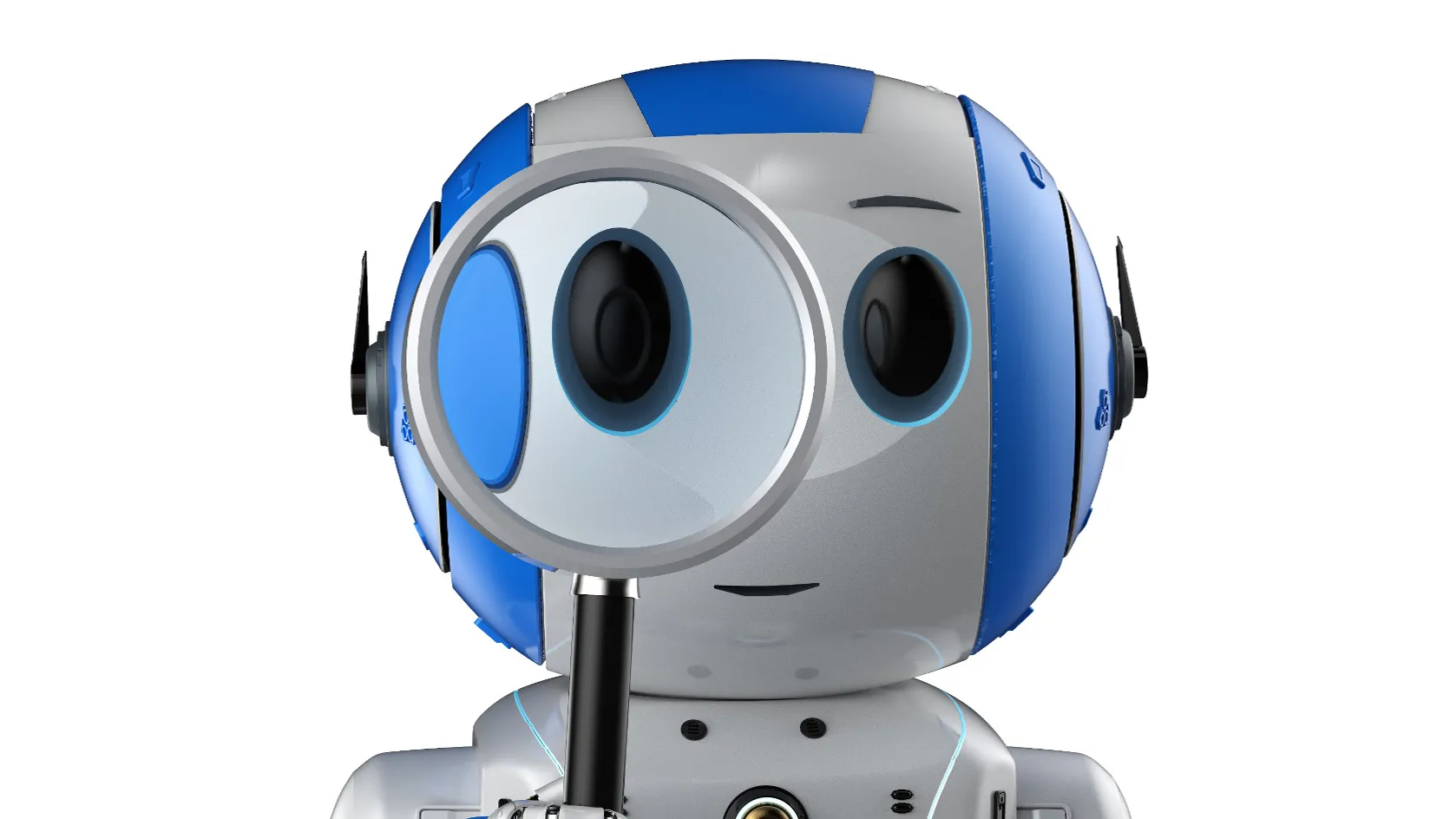
Techno-optimism is defined as the belief that technology can improve the lives of people. It was famously satired in the U.S. television comedy series "Silicon Valley," with a startup-company's founders pledging to "make the world a better place through Paxos algorithms for consensus protocols." But some people take techno-optimism very seriously. Ray Kurzweil, an accomplished tech innovator, described his techno-optimistic vision in his books: The Age of Spiritual Machines, How to Create a Mind: The Secret of Human Thought Revealed, and The Singularity Is Near.
In a keynote address (see https://goo.gl/RwkwK1) at the 2016 meeting of the Computing Research Association, Kentaro Toyama argued that "In spite of the do-gooder rhetoric of Silicon Valley, it is no secret that computing technology in and of itself cannot solve systemic social problems." Toyama's argument, detailed at length in his 2015 book Geek Heresy: Rescuing Social Change from the Cult of Technology, is that persistent societal challenges, such as socio-economic inequality, do not have technology-centric solutions. Indeed, over the past 50 years we have witnessed the development of the Internet, the personal computer, the cellphone, the Web, search engines, social media, and smartphones—a development often summarized as the "Information Revolution." During this period, the U.S. poverty rate oscillated in the 13%−15% range, completely impervious to developments in information technology. In view of the data on poverty, the quote attributed to Mark Zuckerberg, Facebook's founder and CEO—"The richest 500 million [people] have way more money than the next six billion combined. You solve that by getting everyone online"—is either hopelessly naïve or utterly self-serving.
Over the past decade alone we have witnessed the demise of two prominent techno-optimist "solutions." The One Laptop per Child (OLPC) project was launched in 2005 with the goal of transforming education for the world's disadvantaged schoolchildren. But within a few years "the vision was overwhelmed by the reality of business, politics, logistics, and competing interests worldwide" (see https://goo.gl/xWj8OK). The MOOC (massive open online courses) movement was launched in 2011 with the rhetoric of dramatically reducing the cost of higher education while "reaching the quality of individual tutoring." But by 2014, Sebastian Thrun, a MOOC pioneer, concluded that "The basic MOOC is a great thing for the top 5% of the student body, but not a great thing for the bottom 95%."
The central thesis of Toyama's talk was that "Technology has positive impact only when amplifying social trends or institutions that are already positively inclined." As much as I sympathize with Toyama's skeptical approach toward techno-optimism, I find this thesis hard to swallow. Consider, for example, Poliomyelitis, often called polio, as an example. Polio used to be a dreaded infectious childhood disease, as in a small fraction of cases the disease results in permanent severe muscle weakness. In 1952, Jonas Salk developed the first effective polio vaccine, which led to drastic reduction in polio infections (100 known cases worldwide in 2015). Surely this counts as technology with positive impact. Of course one could argue the worldwide adoption of polio vaccination required "social trends or institutions that are already positively inclined," but that would make the thesis a tautology. Some social problems do have technical solutions!
But Toyama is right that using technology to solve societal challenges requires a deep understanding of the societal context, an understanding that was not demonstrated by the OLPC and MOOC movements. Furthermore, deploying technology without understanding its societal context may have adverse societal consequences. Consider "frictionless sharing" as an example. The concept first arose in the context of scholarly work, where the goal was to enable scholars to easily share resources with other scholars. In 2011, Zuckerberg announced developments to Facebook that would allow "real-time serendipity in a frictionless experience." By 2016, however, frictionless sharing has given rise to the fake-news phenomenon, with the proliferation of websites that publish fraudulent misinformation, quickly spread via social media, intended to mislead readers. While it is difficult to gauge the impact of this phenomenon on the outcome of the 2016 U.S. presidential election, the explosion of misinformation surely counts as a negative consequence of technology. Frictionless sharing is technology, but to what end?
We, as computing professionals, are engaged in the development of information technology. This technology is changing the world, but not always for the better. It is time for computing to emerge from its technological cocoon and engage vigorously with social science. If we wish our technology to be developed "for the most effective use of mankind" (quoting from Ada Lovelace's 1843 letter to Charles Babbage), then we need to understand mankind better!



Join the Discussion (0)
Become a Member or Sign In to Post a Comment